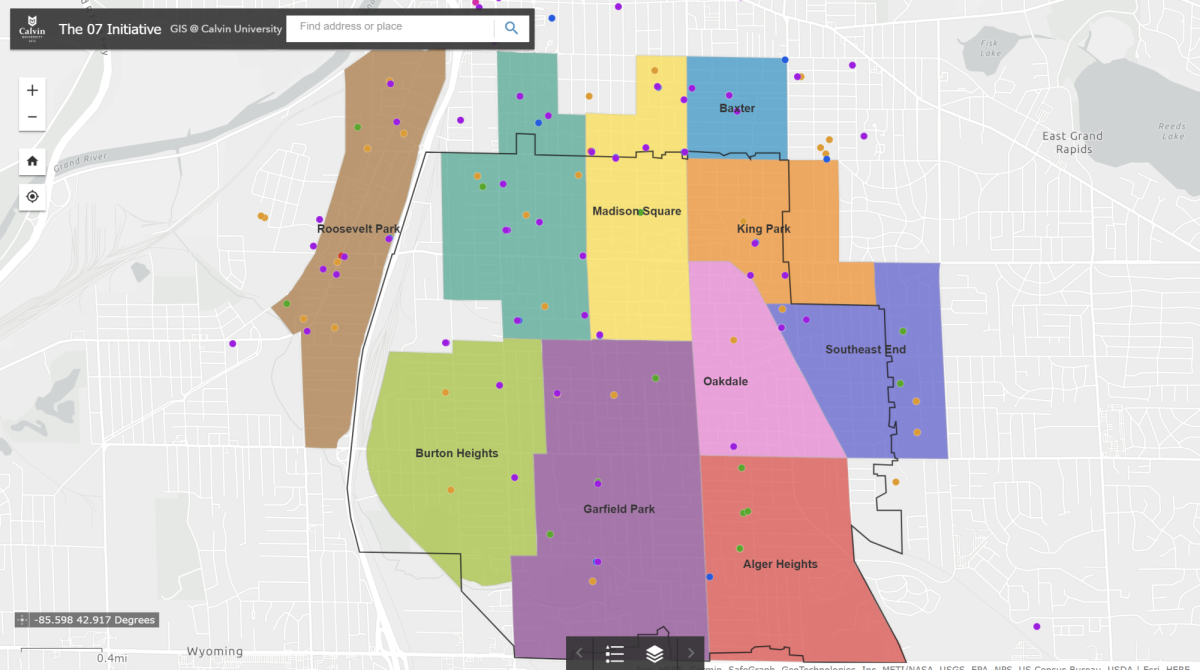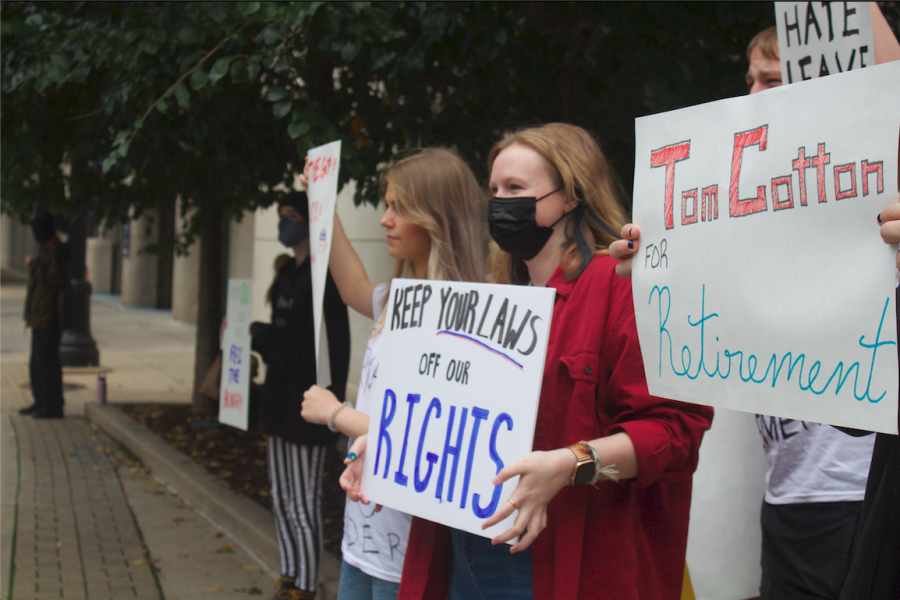Legislators have introduced a bill to decriminalize marijuana in the state of Michigan with bipartisan support. The bill was written by Democratic Rep. Jeff Irwin, and several Republicans have supported the bill, although not entirely without reservations.
The legislation would follow the path of several cities that have already decriminalized marijuana, including Ann Arbor (Jeff Irwin’s district), Grand Rapids, Ypsilanti and Flint, and make possession of less than an ounce of marijuana a civil infraction rather than a misdemeanor offense, changing the penalty from up to a year in jail to a $25 fine for the first offense.
Irwin and the other proponents of the bill criticize the current method of dealing with marijuana.
“Despite the fact that we’re spending a minimum of $325 million a year on arresting, trying and incarcerating marijuana users in this state, we know marijuana has never been more available,” Irwin said in a press conference Wednesday in Lansing. “We know that law enforcement has not been successful at keeping marijuana out of the hands of anyone in this state. We know, and the people here in Michigan know, that marijuana prohibition is not working.”
Irwin’s co-sponsors include Republican Representatives Mike Shirkey and Mike Callton. Although Shirkey has some quibbles with the current bill, specifically that it does not discriminate between adult and minor possession, he agrees that “this is the right time to have this debate in Michigan.”
Irwin expects opposition to his bill, especially from law enforcement, but he argues that law enforcement officials seriously involved in the war on drugs may feel the same way he does. Neill Franklin, executive director of the group Law Enforcement Against Prohibition, certainly seems to agree with him, lauding the bill as “a sensible first step toward a more humane and just criminal justice system in Michigan.”
Similar arguments were put forward by groups pushing for marijuana decriminalization in Grand Rapids, which was ratified by wide margins, but has been challenged in court. Police have refused to implement it until the legal issues have been cleared up. However, a ruling Wednesday seemed to clearly indicate that the courts were inclined to uphold the legality of the Grand Rapids charter amendment to decriminalize marijuana. The legal concerns mostly revolved around a potential conflict with state law, which would cease to be an issue if Irwin’s bill were to be enacted.
Irwin compares the current state marijuana policy that many cities in Michigan have rejected to alcohol prohibition in the early 1900s. “Alcohol prohibition didn’t work, and when we adopted a more sane, and may I say more sober policy for alcohol, we were better able to control it and keep it out of the hands of our children.”
Many other states have already decriminalized marijuana to some degree or another, and a few have even legalized it, so there would be no worry of conflict with a higher jurisdiction, as in the Grand Rapids case.
“This is nothing radical,” Tim Beck, of the Coalition for a Safer Michigan, said. “We’d only be doing what a lot of very sensible legislators and voters have done in other states.”
Although several Republican lawmakers support the measure, it is unclear if they will push to get the bill actually voted on. A spokesperson for the Republican House leadership suggested that the GOP has other priorities at the moment, although they did not rule out debating the bill.








